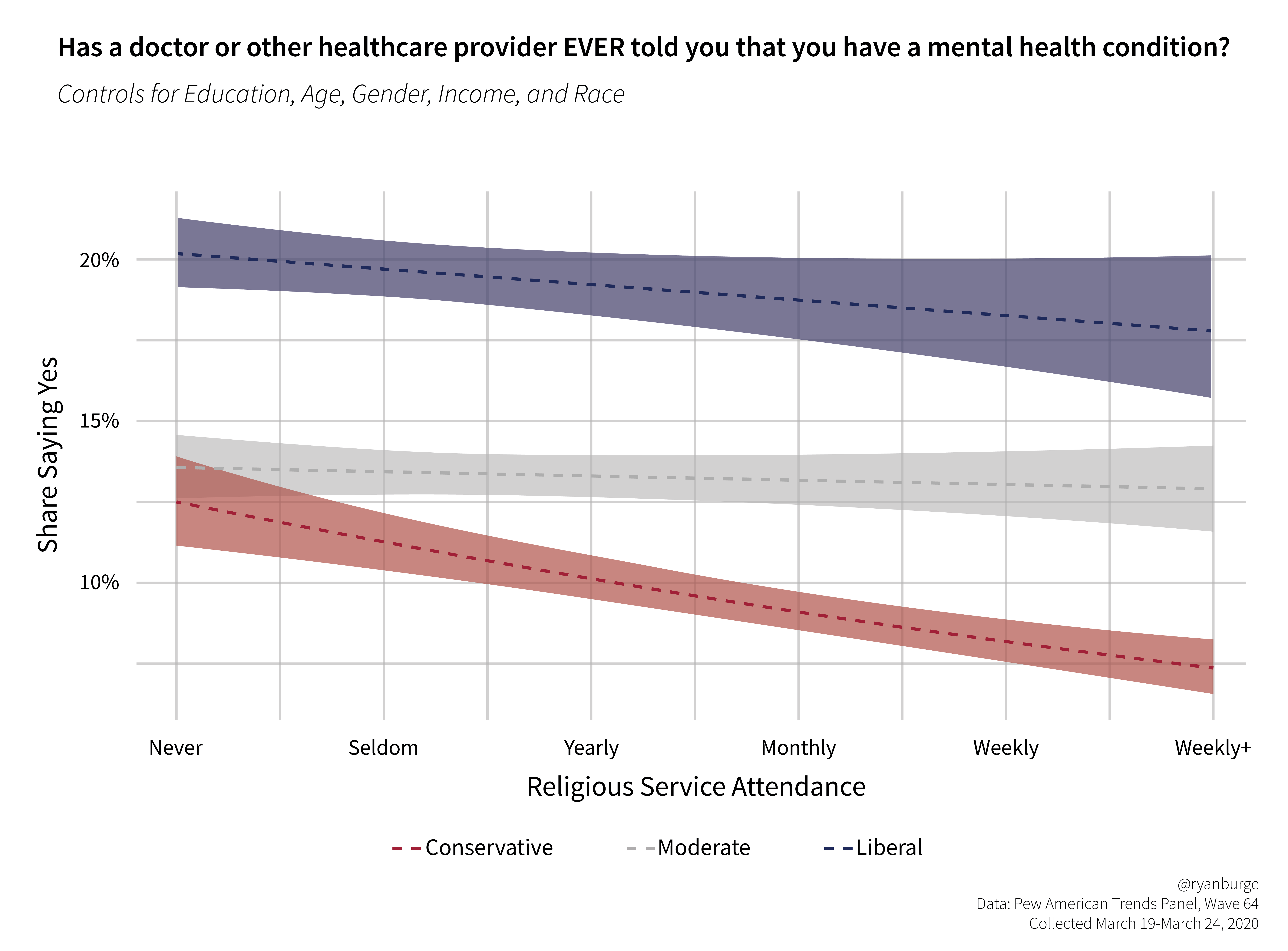
Written by The Likely Voter
May 11, 2023
![]()
“We need to broaden the message” around mental health, Sutherland Institute policy fellows Krisana Finlay and Bill Duncan said in a recent interview.
Often, discussions about mental illness focus on ways to provide treatment or other interventions when mental health needs arise. These approaches are important, and Finlay and Duncan applaud the positive impact of emergency resources like the 988 crisis line and the state’s liveonutah.org campaign.
But there are multiple ways to strengthen the mental and emotional well-being of Utah’s families, and a broader view that includes two vital institutions of civil society – the family and faith-based organizations – shows real benefits for Utahns.
Studies show that both parental mental health and religious participation play a role in children’s mental well-being.
“Children ages 0-17 years with a parent who reported poor mental health were more likely to have poor general health and mental, behavioral or developmental disorders,” Finlay mentioned in her article.
Finlay noted that these same children struggled in school and were more likely to feel depressed and hold adverse views on life.
She suggested parents should pause and look “at the issue in a different way” by including their own mental health in their assessment as they consider resources for their children’s mental health.
Duncan highlighted the fact that many children who battle mental health issues are lonely. As parents ask the question, “Who else can be helping here?” church should be near the top of their list.
One benefit of church involvement, Duncan explained, is the development of community. Individuals battling mental illness may find a sense of belonging in a religious community. Evidence suggests that the belief in a higher power can provide people with purpose and can “give them a better sense of mental resilience.”
Finlay and Duncan’s research intersects in an important way, as data shows that families with a commitment to religious practice tend to have stronger family structures, leading to better mental health overall.
Recognizing the positive impact institutions like family and faith can have on mental health doesn’t discount the benefits of things like therapy and other professional help. But the public dialogue around mental health would benefit from including ways our formative institutions can strengthen mental and emotional well-being.
In fulfilling their role in guiding the healthy growth of their children, parents should remember the impact of religious communities and the institutional role of the family as a source of support.
The Likely Voter is Sutherland Institute’s voice speaking directly to Utah voters, equipping them with increased knowledge and context to support informed and engaged citizenship.

For a more in-depth perspective on this article, read Krisana Finlay’s Insights piece here and William C. Duncan’s Insights piece here.
Takeaways: the most important things voters need to know. For civically engaged citizens.

- The family can play a positive role in the mental health of children and youth.
- Religious practice is associated with increased emotional resilience
- Children from intact families reported fewer negative mental and physical health issues from use of digital media.
More Insights
Read More
Education policy to consider during the 2024 election season
Here’s a look at what each presidential candidate is likely to focus on in education, given their track records and campaign platforms.
Ignoring the text of the Constitution is a mistake
A written Constitution is entirely superfluous if the document is simply meant to give the people what they want.
What you need to know about election integrity
It should be easy to vote and hard to cheat. This oft-quoted phrase has been articulated as a guiding principle by many elected officials wading into voting and election policy debates in recent years. So why has this issue been so contentious, and what’s the solution?




